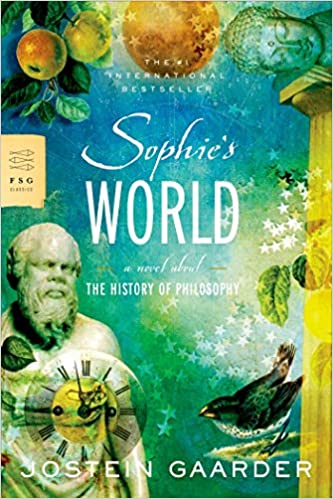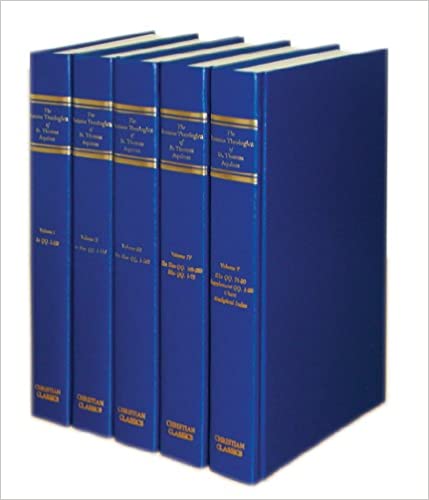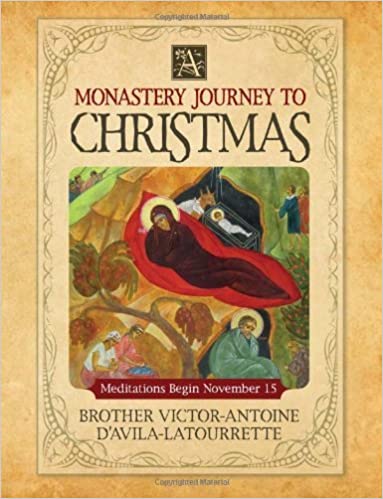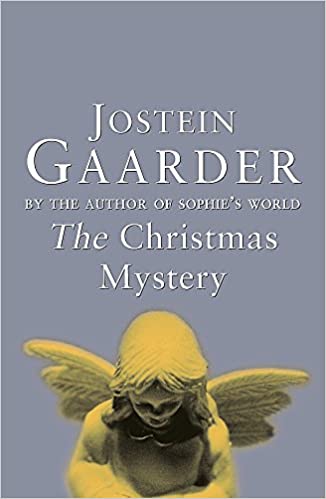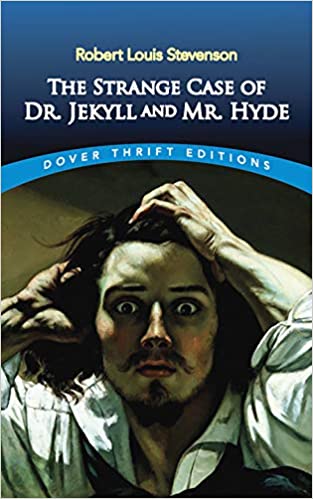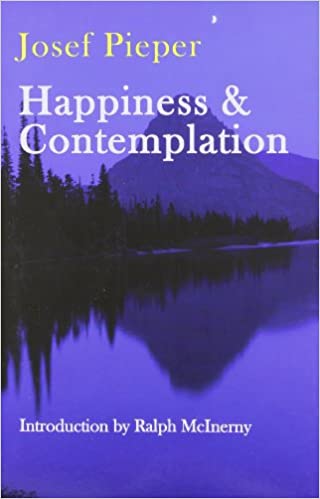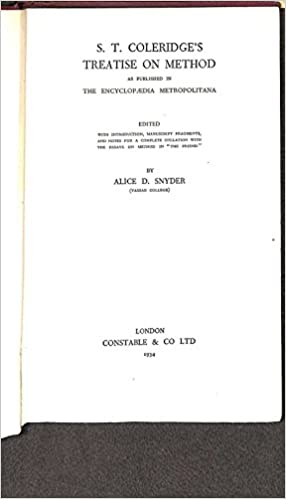Leisure: The Basis of Culture
One of the most important philosophy titles published in the twentieth century, Josef Pieper's Leisure, the Basis of Culture is more significant, even more crucial, today than it was when it first appeared more than fifty years ago. This edition also includes his work The Philosophical Act. Leisure is an attitude of the mind and a condition of the soul that fosters a capacity to perceive the reality of the world. Pieper shows that the Greeks and medieval Europeans, understood the great value and importance of leisure. He also points out that religion can be born only in leisure -- a leisure that allows time for the contemplation of the nature of God. Leisure has been, and always will be, the first foundation of any culture. Pieper maintains that our bourgeois world of total labor has vanquished leisure, and issues a startling warning: Unless we regain the art of silence and insight, the ability for non-activity, unless we substitute true leisure for our hectic amusements, we will destroy our culture -- and ourselves.
More info →Sophie’s World
A page-turning novel that is also an exploration of the great philosophical concepts of Western thought, Jostein Gaarder's Sophie's World has fired the imagination of readers all over the world, with more than twenty million copies in print.
One day fourteen-year-old Sophie Amundsen comes home from school to find in her mailbox two notes, with one question on each: "Who are you?" and "Where does the world come from?" From that irresistible beginning, Sophie becomes obsessed with questions that take her far beyond what she knows of her Norwegian village. Through those letters, she enrolls in a kind of correspondence course, covering Socrates to Sartre, with a mysterious philosopher, while receiving letters addressed to another girl. Who is Hilde? And why does her mail keep turning up? To unravel this riddle, Sophie must use the philosophy she is learning―but the truth turns out to be far more complicated than she could have imagined.
More info →The Summa Theologica of St. Thomas Aquinas
The Summa Theologica, St. Thomas Aquinas' brilliant synthesis of Christian thought, has had a decisive and permanent impact on philosophy and religion since the thirteenth century. As the title indicates, is a summing up of all that can be known about God and humanity's relations with God. Divided into three parts, the work consists of 38 tracts, 631 questions, about 3000 articles, 10,000 objections and their answers. This complete edition of the work, published in five volumes, was translated into English by the Fathers of the Dominican Province and first appeared in 1911. A revised edition was published in London in 1920, and in America in 1947. The Christian Classics edition is a reproduction of the 1947 Benziger Brothers edition.
More info →A Monastery Journey to Christmas
Full of wonder and joyful anticipation, the Christmas season is the perfect time for Christians to take a break from their busy schedules and ponder the wonderful works of God―in the depths of their heart. Based on the ancient Christian tradition of meditating throughout the 40 days before and after Christmas, this small monastic book follows the rhythm of the Advent and Christmas journey as it takes place in a particular monastery, a place as small and tiny as Bethlehem itself. This book offers a meditation based in a liturgical, biblical, traditional, or literary text for every day from November 15th to January 13th and then February 1st and 2nd. Best-selling author Br. Victor-Antoine d’Avila-Latourrette will help you fill Christmas with moments of quiet prayer. Experience a deepening faith while awaiting in joyful expectation for the Savior’s coming.
More info →The Christmas Mystery
Fifty years ago a girl disappeared from her home in Norway. She ran after a lamb and found herself travelling right across Europe to Palestine, and back through 2000 years to meet the Holy Family in Bethlehem. There she met angels, shepherds, wise men and other biblical characters who joined her on her pilgrimage; and she heard of many of the things that happened in the world in the last 2000 years. In present-day Norway, a boy acquires a strange old Advent calendar. Hidden in each of the windows is a tiny piece of paper. Little by little these pieces unfold the girl's story and as we learn what happened to her, another story is revealed - that of the strange old man who made the calender.
More info →The Strange Case of Dr. Jekyll and Mr. Hyde
In September of 1884, Robert Louis Stevenson, then in his mid-thirties, moved with his family to Bournemouth, a resort on the southern coast of England, where in the brief span of 23 months he revised A Child's Garden of Verses and wrote the novels Kidnapped and The Strange Case of Dr. Jekyll and Mr. Hyde.
An intriguing combination of fantast thriller and moral allegory, The Strange Case of Dr. Jekyll and Mr. Hyde depicts the gripping struggle of two opposing personalities — one essentially good, the other evil — for the soul of one man. Its tingling suspense and intelligent and sensitive portrayal of man's dual nature reveals Stevenson as a writer of great skill and originality, whose power to terrify and move us remains, over a century later, undiminished.
Happiness and Contemplation
"The ultimate of human happiness is to be found in contemplation".
In offering this proposition of Thomas Aquinas to our thought, Josef Pieper uses traditional wisdom in order to throw light on present-day reality and present-day psychological problems. What, in fact, does one pursue in pursuing happiness? What, in the consensus of the wisdom of the early Greeks, of Plato and Aristotle, of the New Testament, of Augustine and Aquinas, is that condition of perfect bliss toward which all life and effort tend by nature?
In this profound and illuminating inquiry, Pieper considers the nature of contemplation, and the meaning and goal of life.
More info →S. T. Coleridge’s Treatise on Method
Samuel Taylor Coleridge wrote the Treatise on Method in 1817, voicing his projects to collect universal knowledge in a single work. Coleridge complained the lack of a proper method in modern science and proposed unconventional examples of 'scientists', such as Plato and William Shakespeare. Included in the Encyclopaedia Metropolitana, the Treatise was widely read and highly effective in popularizing German ideas in Britain.
More info →

